When at home, a dangerous emergency situation can spring up without warning. And it’s essential that we’re all ready when this happens. For you, here are the things to always have to ensure you’re always safe.
Batteries
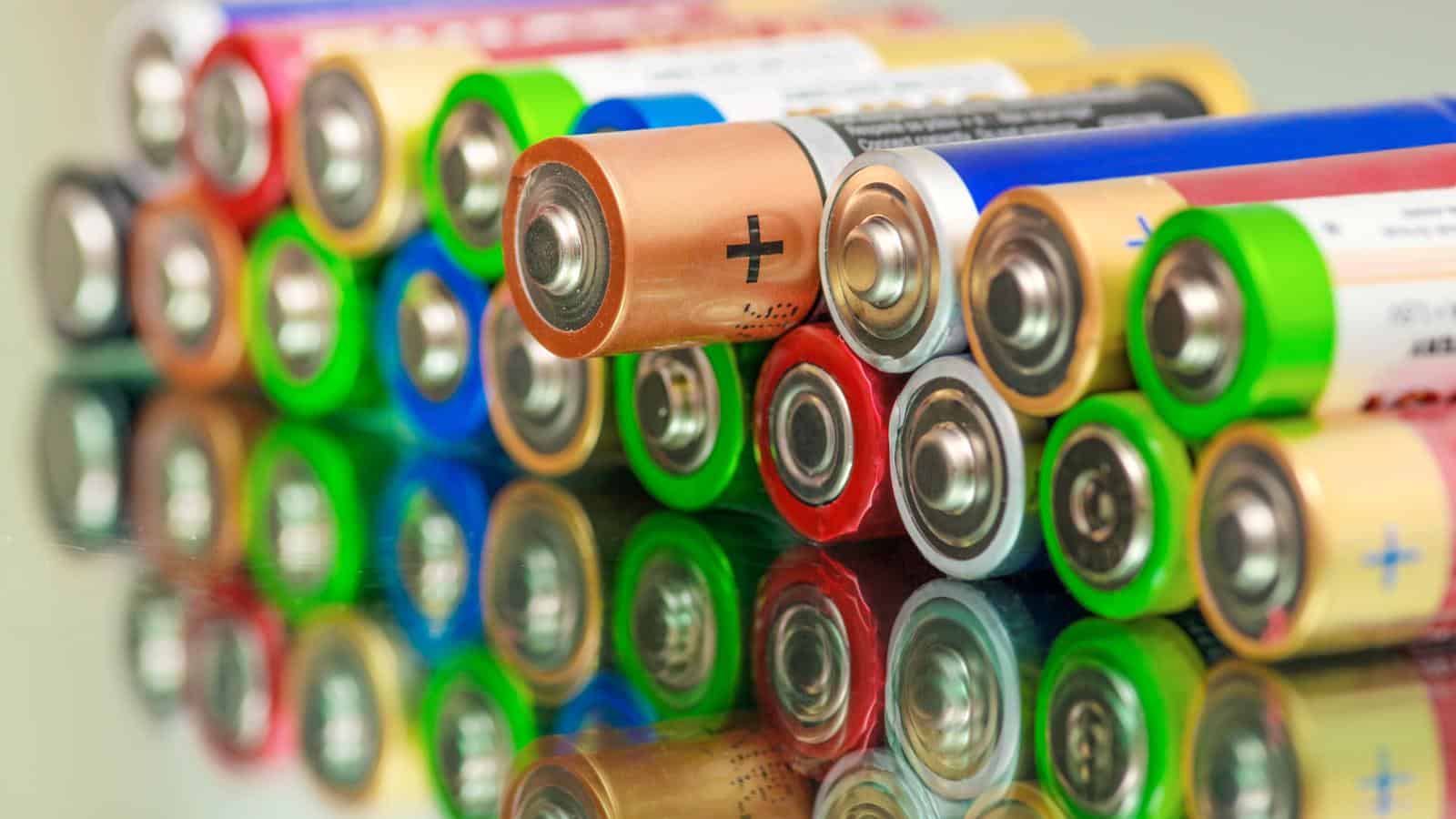
Batteries are essential for powering up many survival equipment like radios and smoke detectors, so it’s always best to have some extra stored in your home. You should keep a variety of sizes to fit into different devices too, and make sure you store batteries in a cool and dry place so that they don’t spoil.
Flashlights
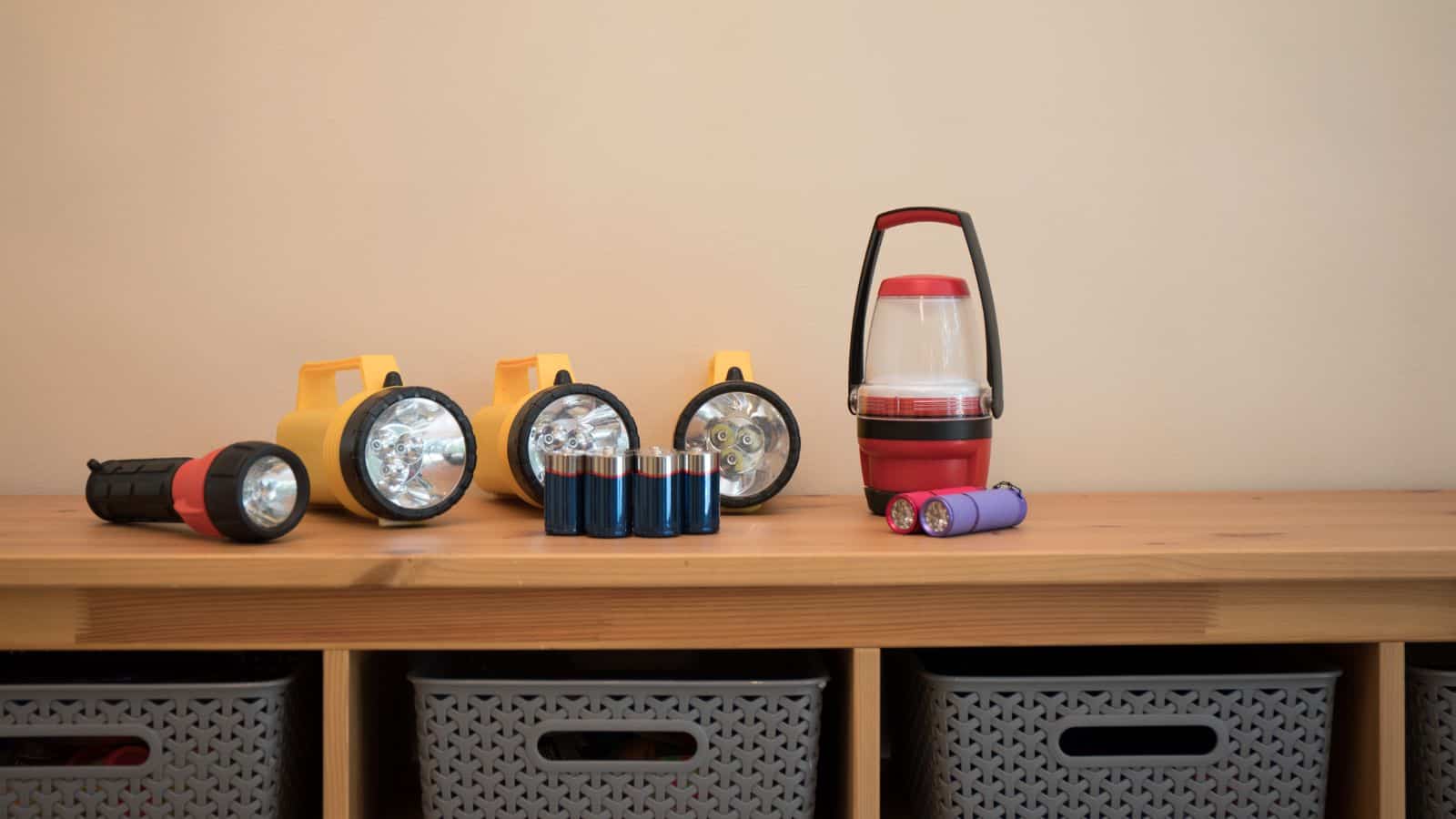
Flashlights become important sources of light during a power outage at night, and Be Ready Utah says they’re necessary for your physical, mental, and emotional health. For emergency planning, choose models with long-lasting batteries, and also ensure you have more than one emergency flashlight so everyone gets theirs.
First-aid Kit
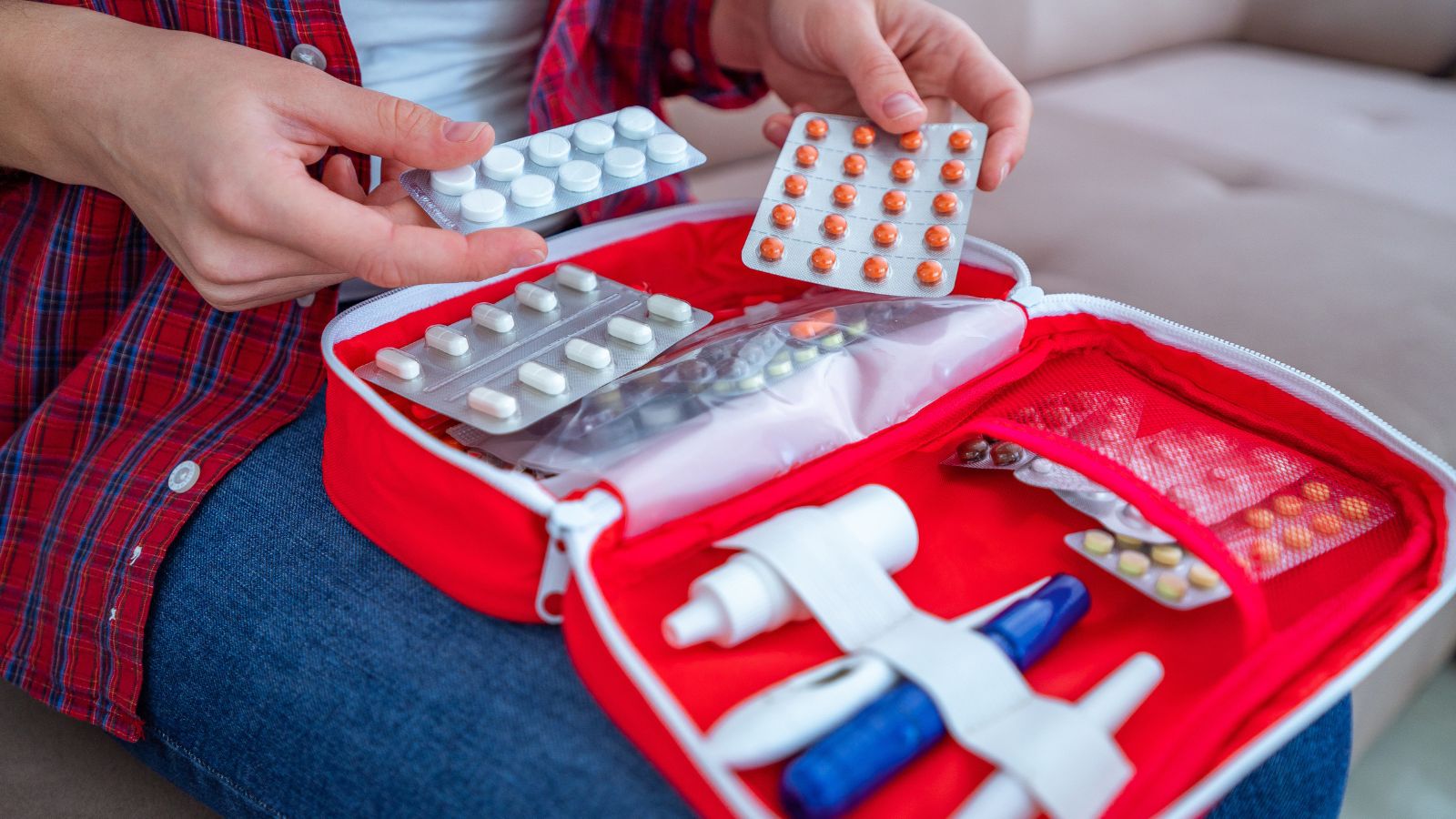
Of course, you must have a first-aid kit too. The Mayo Clinic explains that first-aid kits help you respond quickly to common injuries, and you should have one in your house and car. We can’t list everything you should have in a kit, but some important items include elastic bandages, instant cold packs, antiseptic solutions, towels, and hydrogen peroxide.
Manual Can Opener
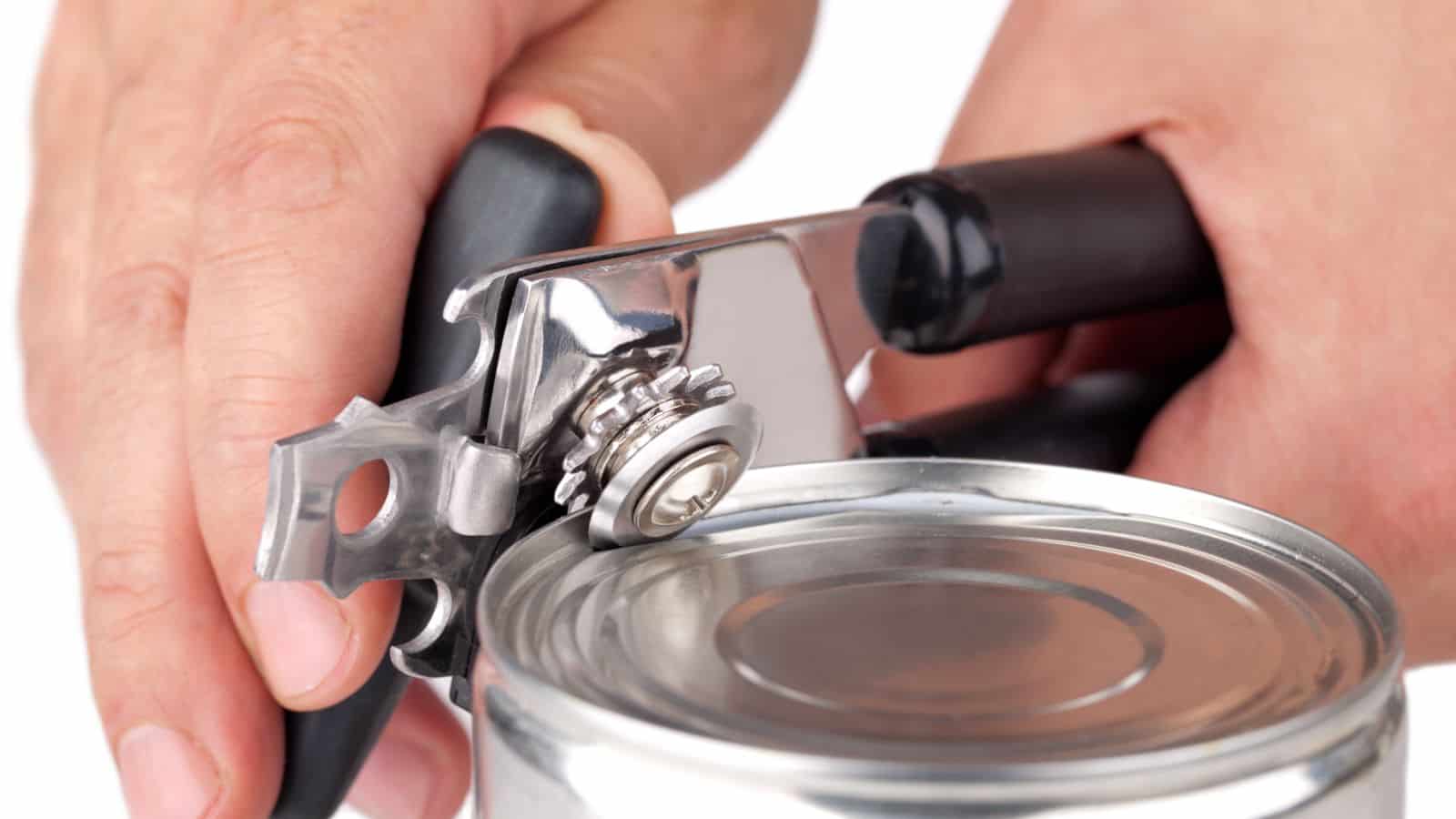
A manual can opener is an often-overlooked but essential item. Why? Well, during power outages, electric can openers won’t work, making it necessary to have a manual option. You should choose a sturdy, easy-to-use model to ensure you can access your canned goods at any time.
Multi-tool
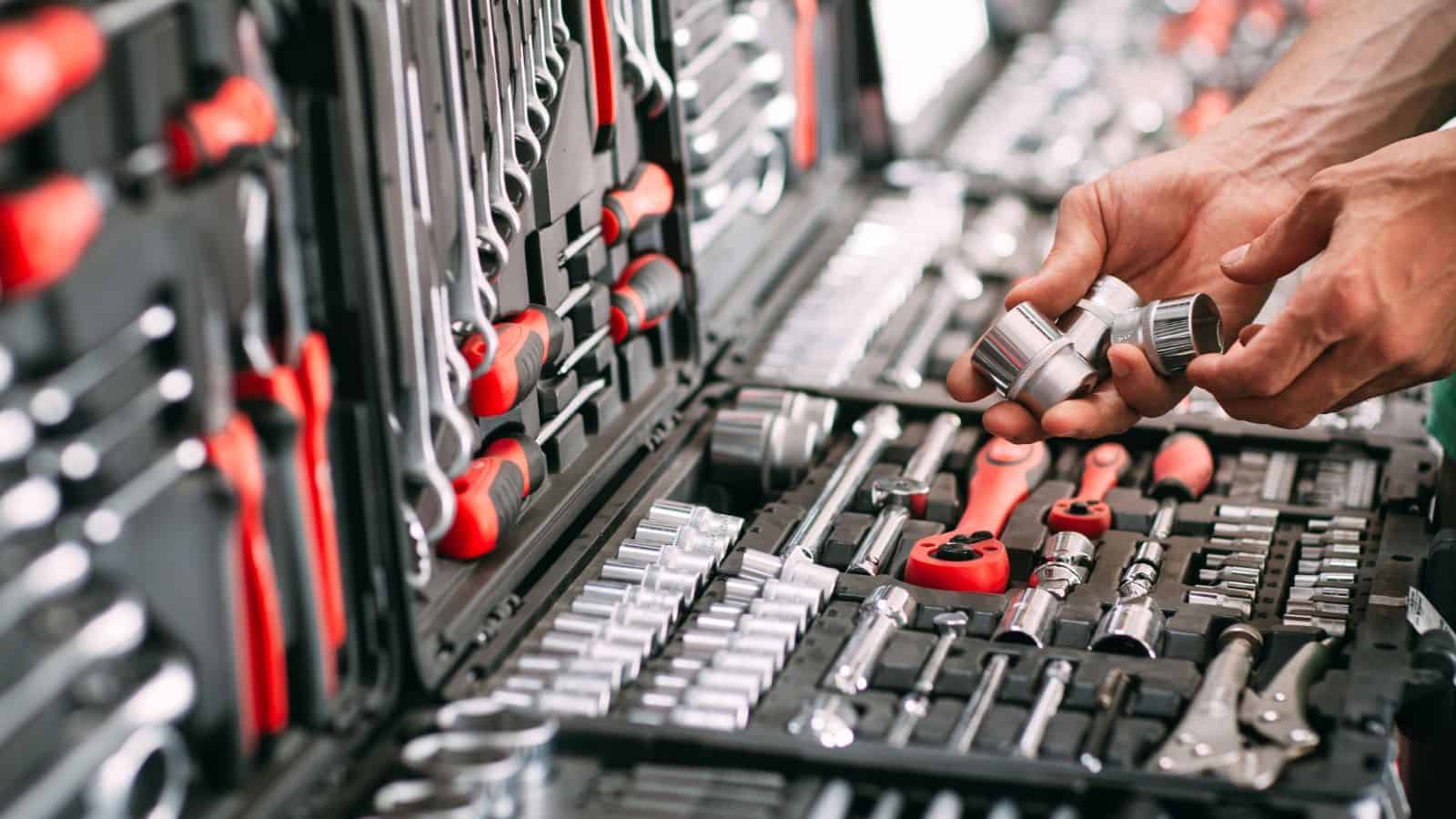
A versatile multi-tool with in-built pliers, screwdrivers, knives, and more can be incredibly useful in emergencies. Having one on hand can help you handle a variety of tasks and repairs that might arise, and, what’s more, they’re compact and easy to carry, making them hardly a discomfort.
Non-perishable Food
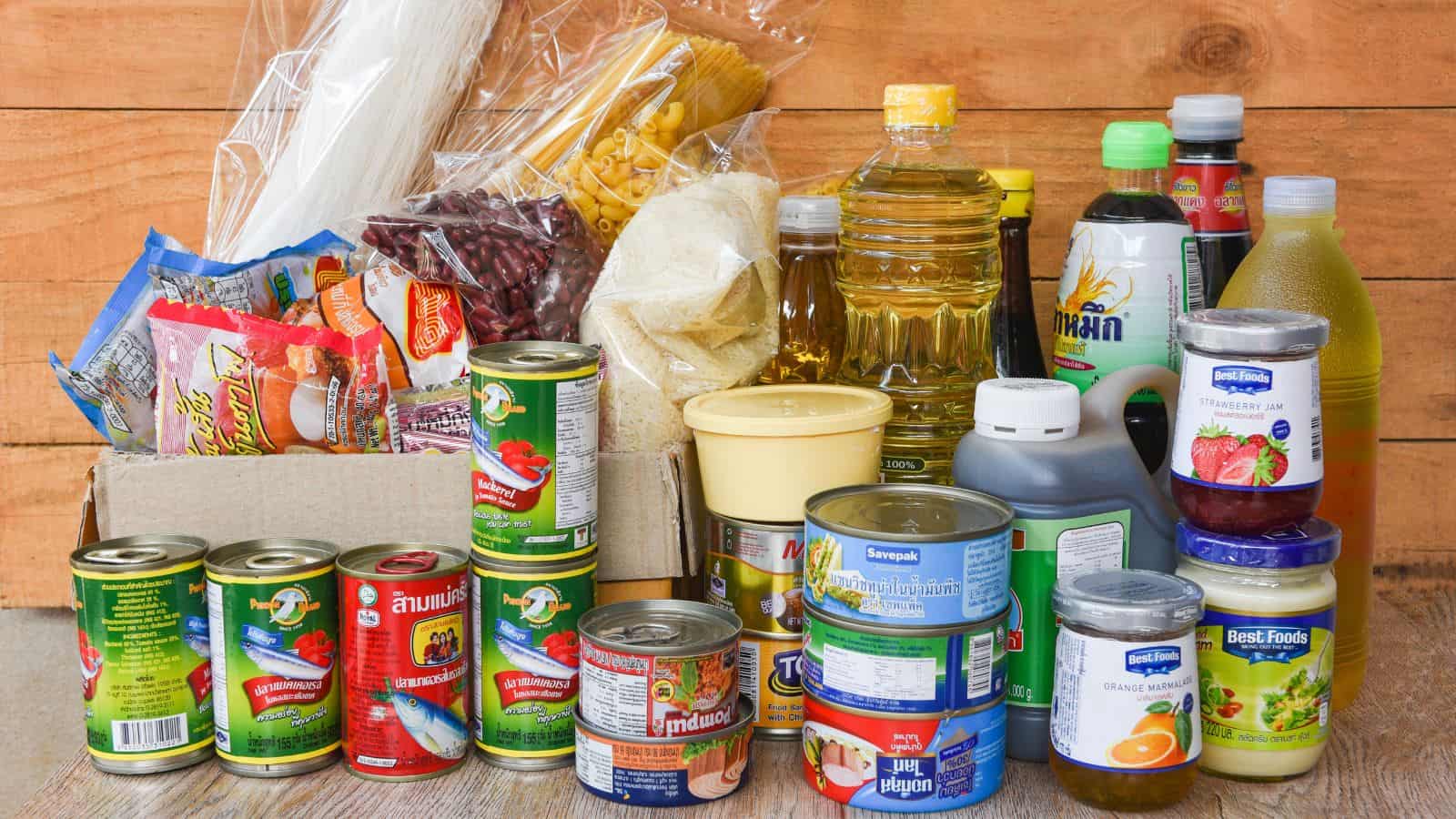
According to FEMA, the most important item to have in an emergency or survival kit is a several-day supply of food and water. Of course, non-perishable foods will serve you the most when it comes to sustenance here, and it’s even better that these foods are instant meals that don’t need cooking.
Water Supply
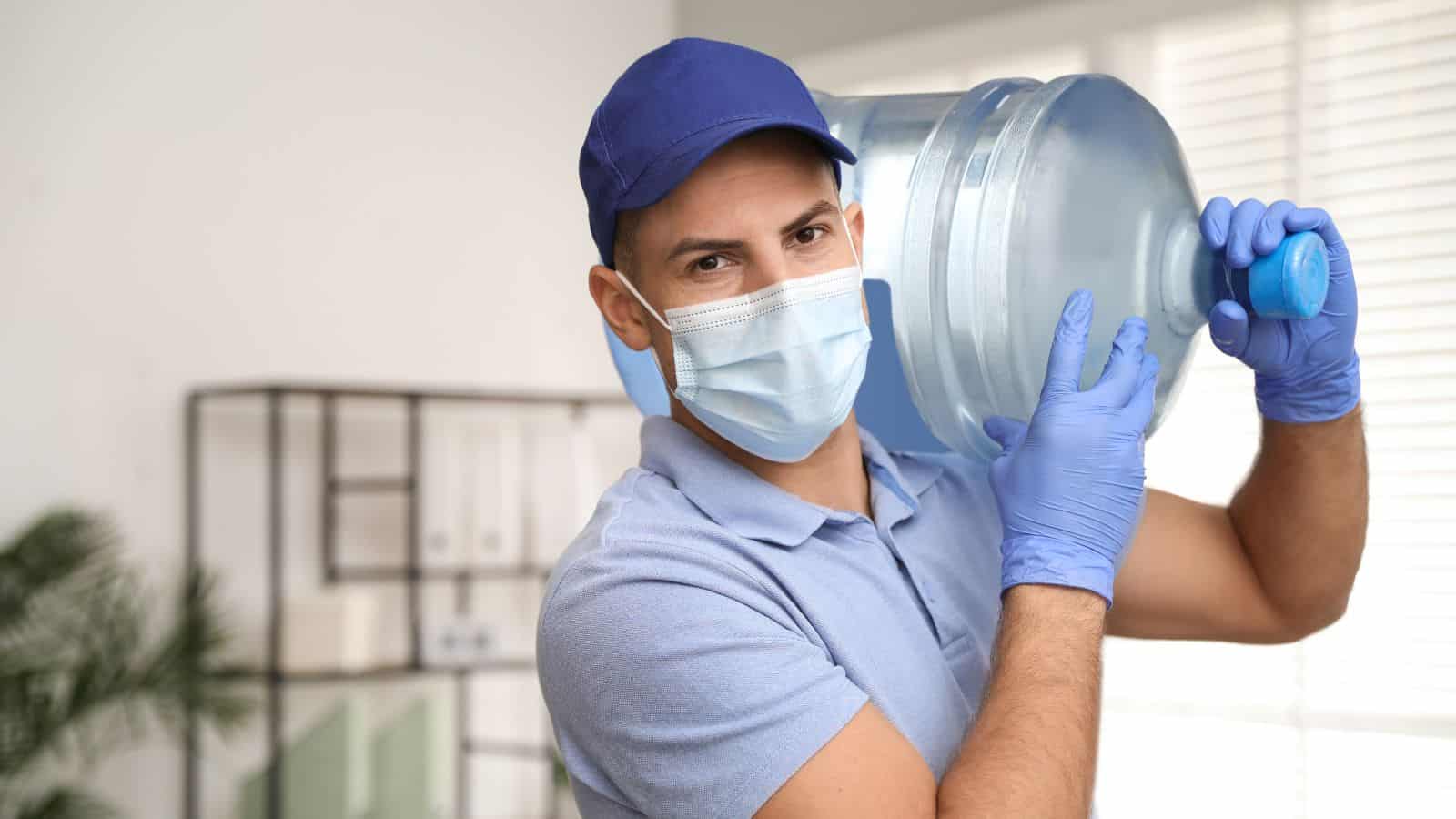
Aim to store at least one gallon of water per person per day to last for a minimum of three days, as this reserve will be essential for drinking, cooking, and basic hygiene needs. Additionally, consider storing water purification tablets or filters to get safe drinking water.
Blankets
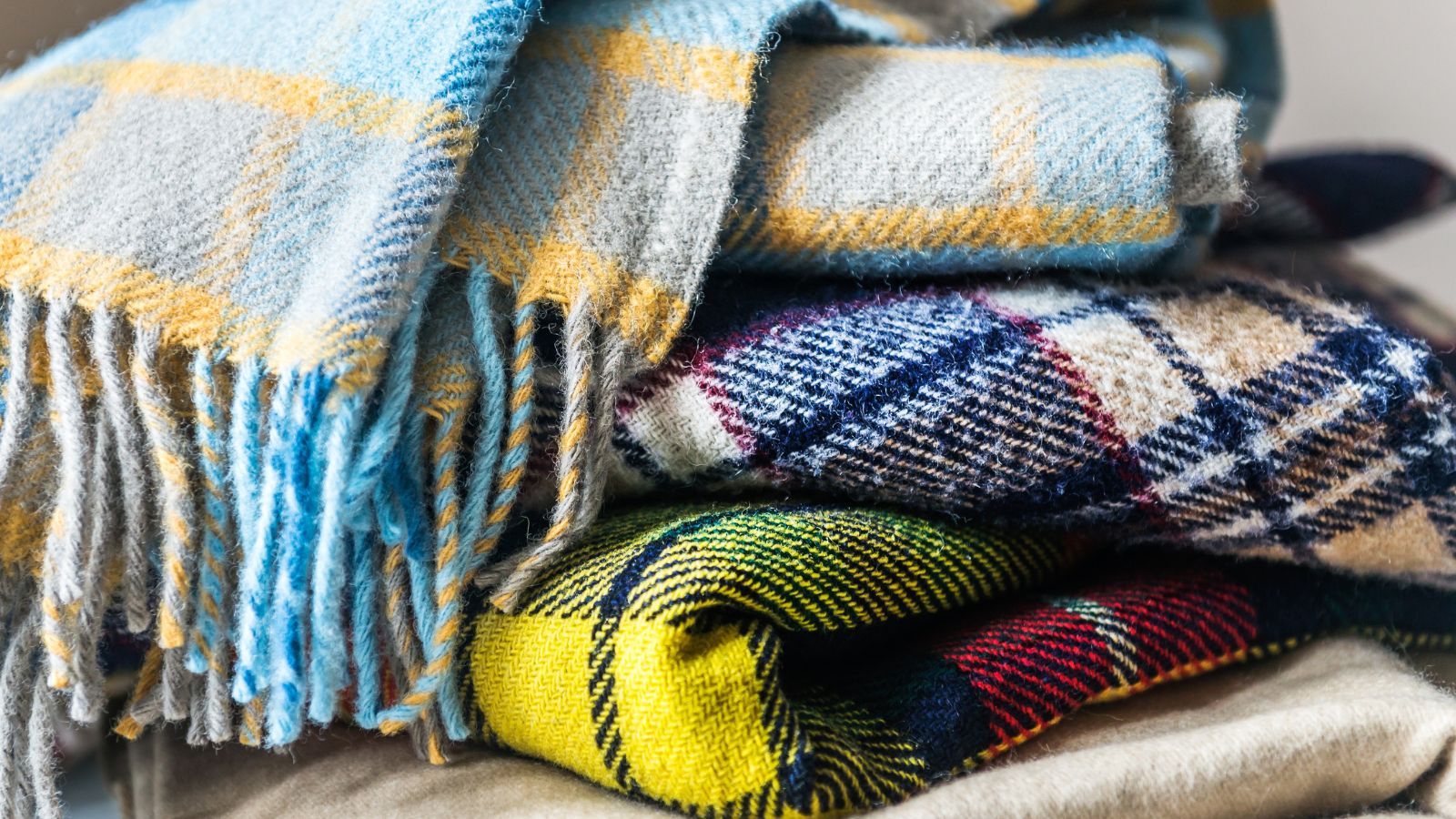
Power outages can leave you without heat, and extra blankets ensure you stay warm when you’re out in the cold. It’s best to store them in an easily accessible place and also have some thermal socks and gloves that can offer extra protection against the cold.
Portable Phone Charger
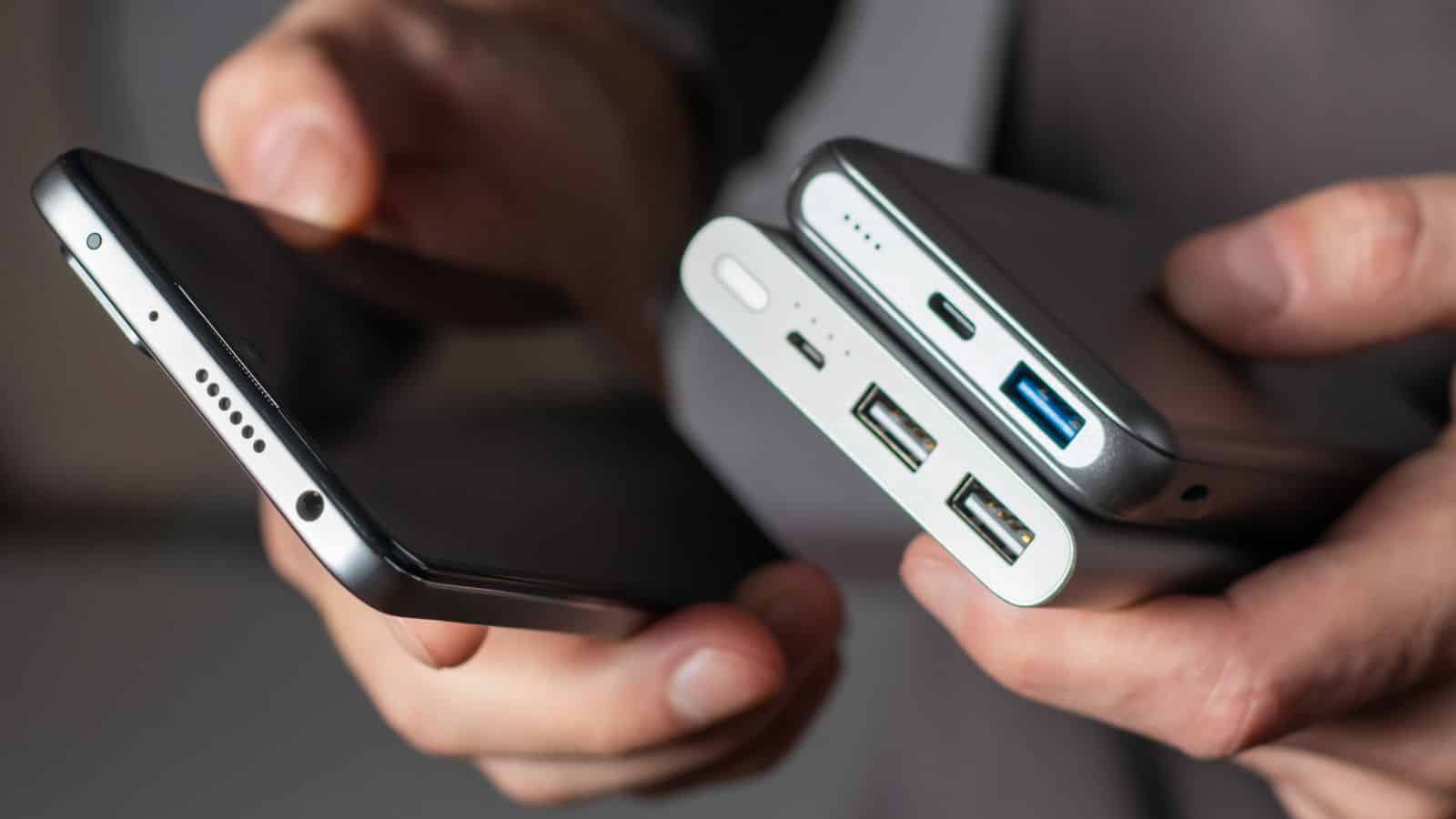
A portable phone charger (or power bank, if you’d like) can keep your communication devices juiced up during power outages. A charger with high-capacity storage will serve you well, and you should regularly check that it’s fully charged. One that works with solar energy is even better for your communications during extended outages or outdoor adventures.
Battery-powered Radio
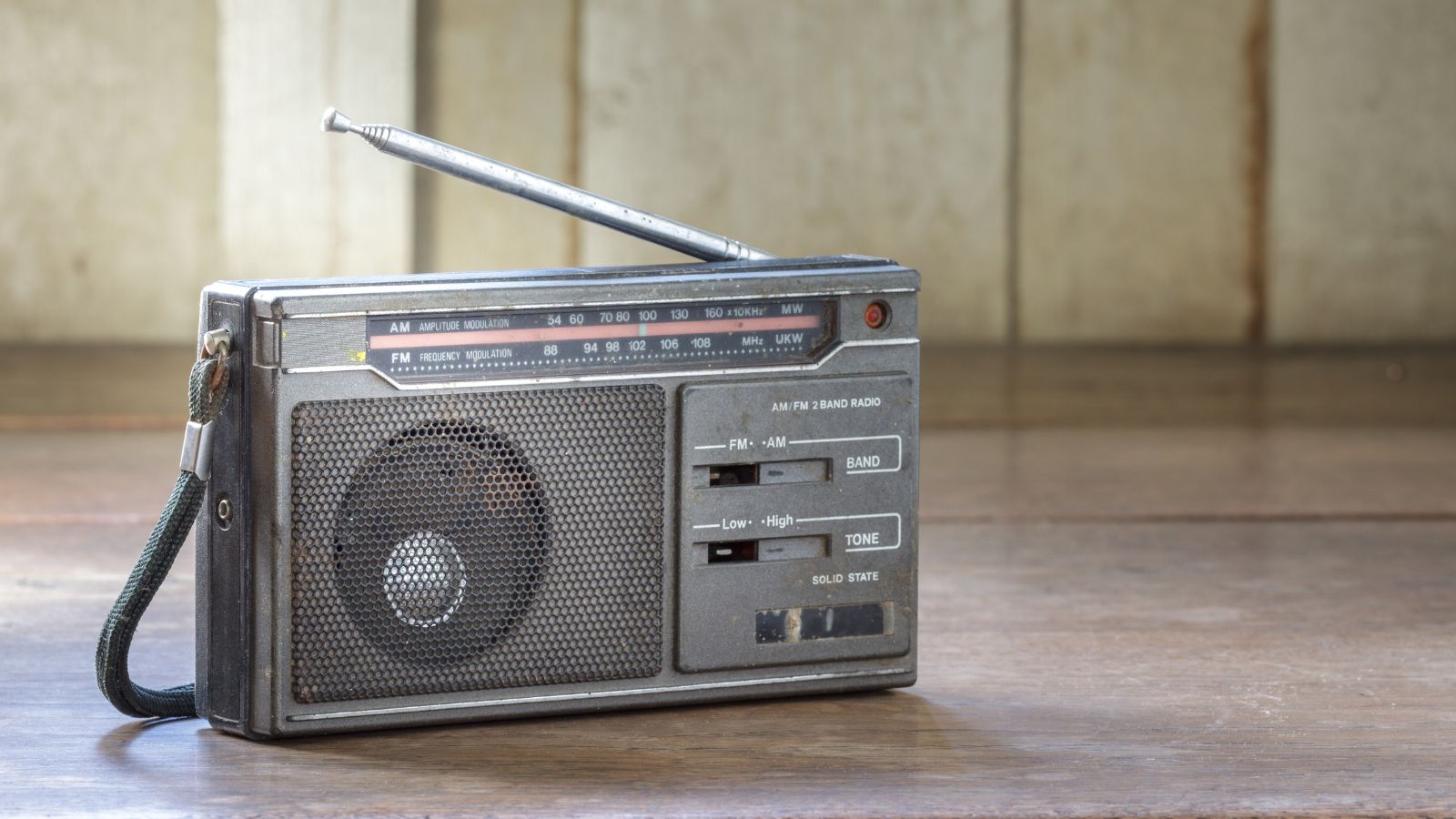
A battery-powered radio is essential for receiving important updates and information. They can provide you with critical news and weather reports when other communication methods are unavailable. When you’re buying, choose a model with AM/FM capabilities as well as a hand crank or solar power option for extended use.
Whistle
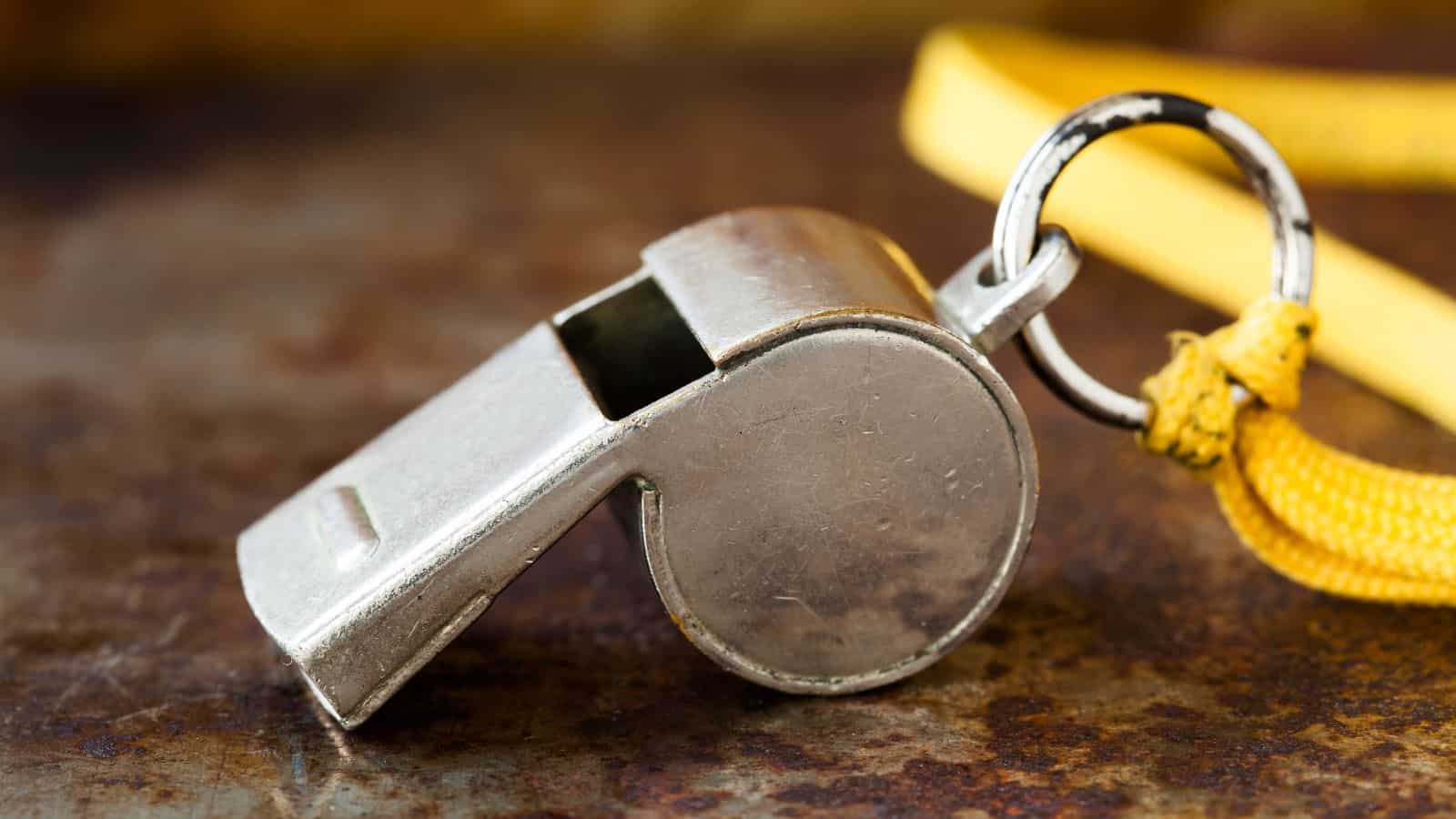
Whistles can be lifesavers, as they allow you to signal for help and attract attention when you need it most. Keep a whistle in your emergency kit and ensure everyone in your household knows where it’s located. You should also practice how to use it for communication beforehand so that you’re prepared for a crisis.
Dust Masks
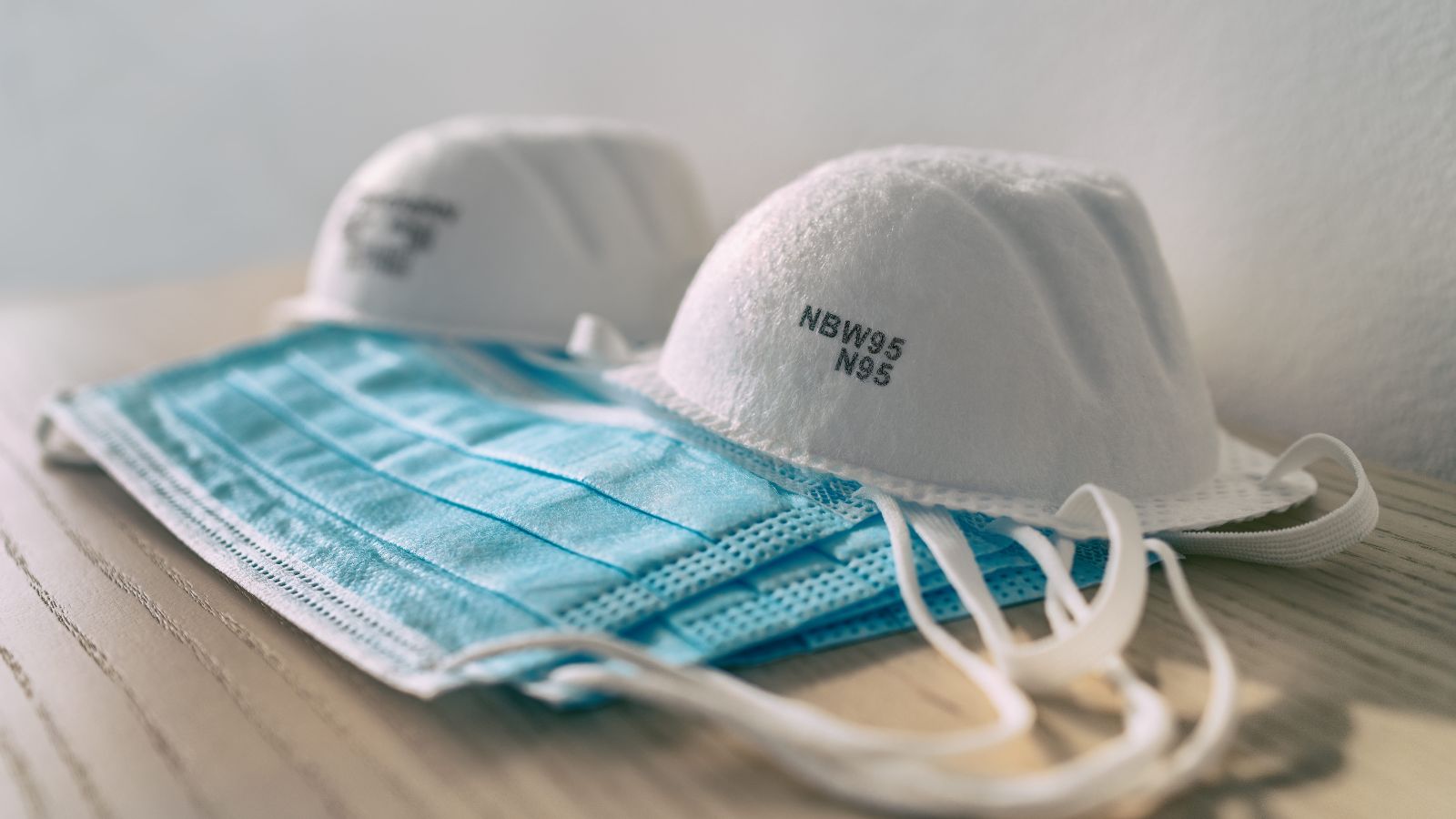
During emergencies like fires or natural disasters, air quality can deteriorate rapidly and dust masks will protect your respiratory system from harmful particles. The CDC says that what you’ll need is either a filtering facepiece respirator (FFR) or an elastomeric respirator, and while in use, remember to replace the masks regularly to maintain their effectiveness.
Plastic Sheeting and Duct Tape

Having plastic sheeting and duct tape can help you create a temporary shelter or seal off windows and doors. These items are useful for protecting against elements, creating barriers during emergencies, or even patching leaks. Store them in an accessible location with your other emergency supplies, ensuring you can quickly find them when needed.
Personal Hygiene Items
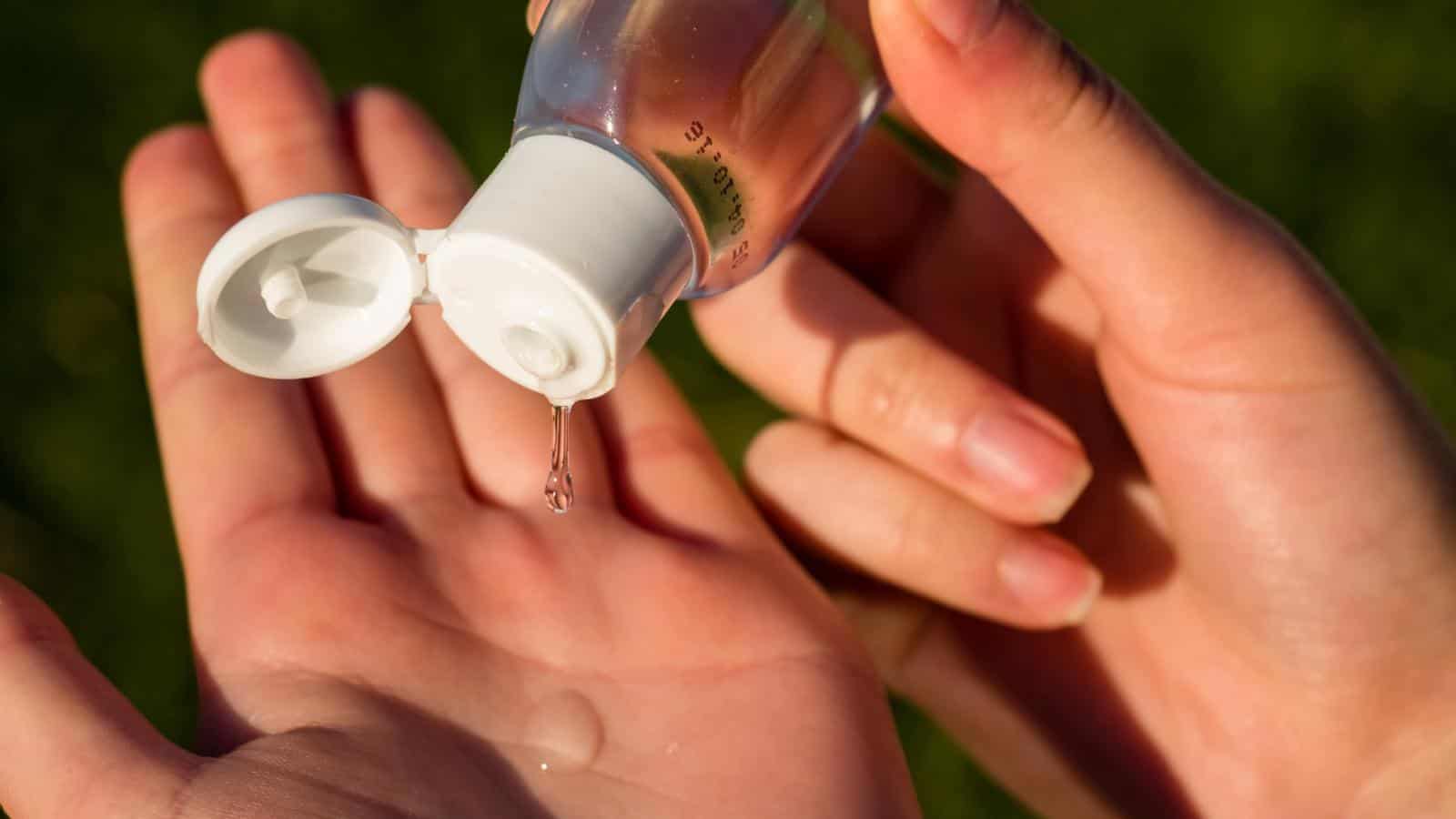
Maintaining personal hygiene is crucial during an emergency, and hence, it’s also important to stock up on items like soap, hand sanitizers, toothbrushes, and feminine hygiene products. Consider packing extra towels and wet wipes too, as they’ll help you stay clean when access to regular facilities might be limited.
Important Documents
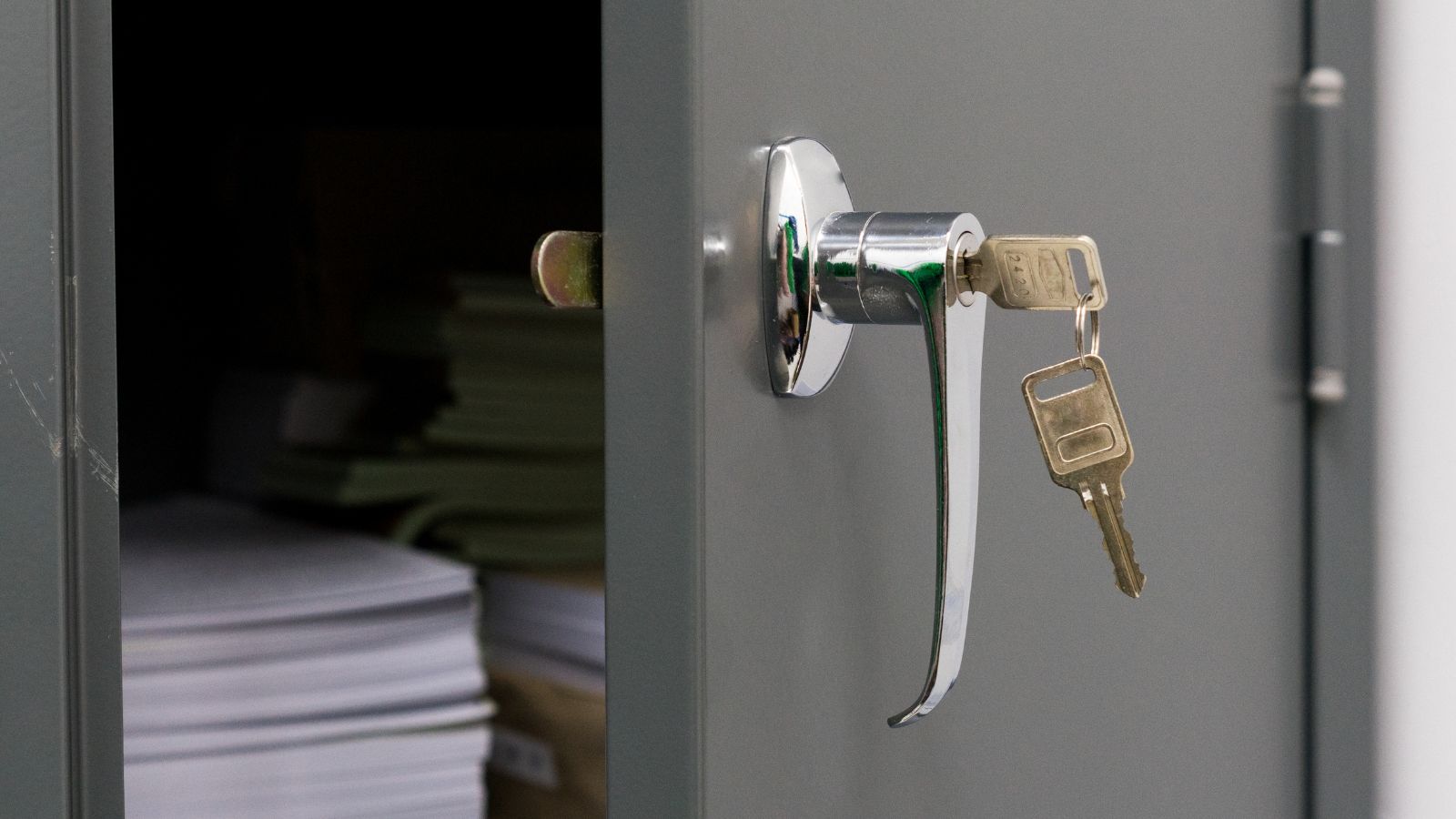
Keep copies of important documents in a waterproof container to ensure they’re safe as well. These “important documents” include your means of identification, insurance policies, medical records, and any other critical financial or health-related papers. And consider including digital backups on a USB drive for additional security.
Cash

During emergencies, cash is king and will never fail you, unlike electronic payment systems that can be down. USU shares that this is especially true during lengthy days of power outages when banks and grocery stores won’t work as normal. Keep small bills and change in your emergency kit to make sure you can purchase necessary items without any difficulty.
Fire Extinguisher
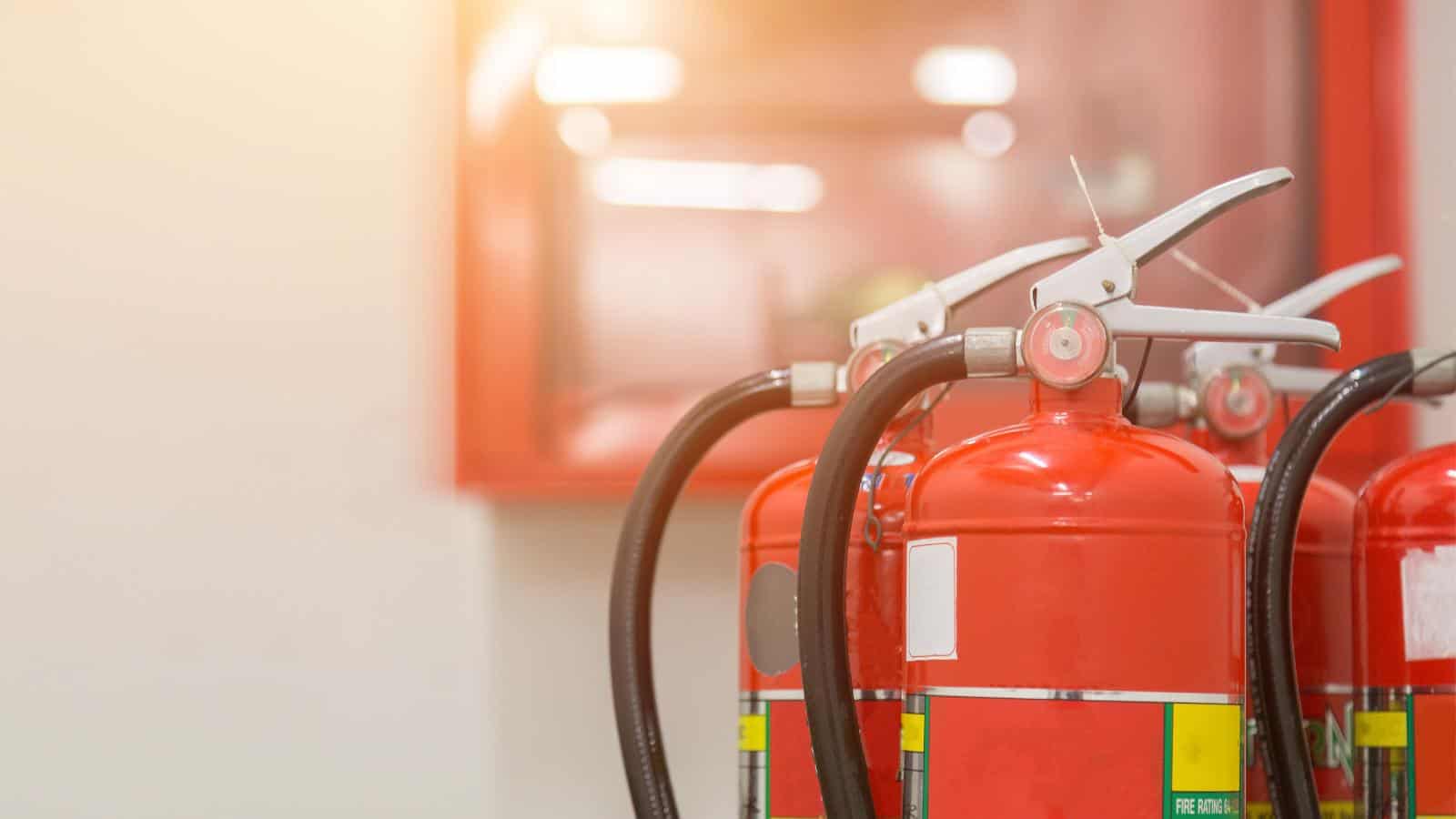
A fire extinguisher is a crucial tool for home safety. You should ensure that you have one in an easily accessible location and that everyone in your household knows how to use it. Regularly check that the extinguisher is in good working condition, have a fire escape plan, and conduct regular drills.
Matches or Lighters
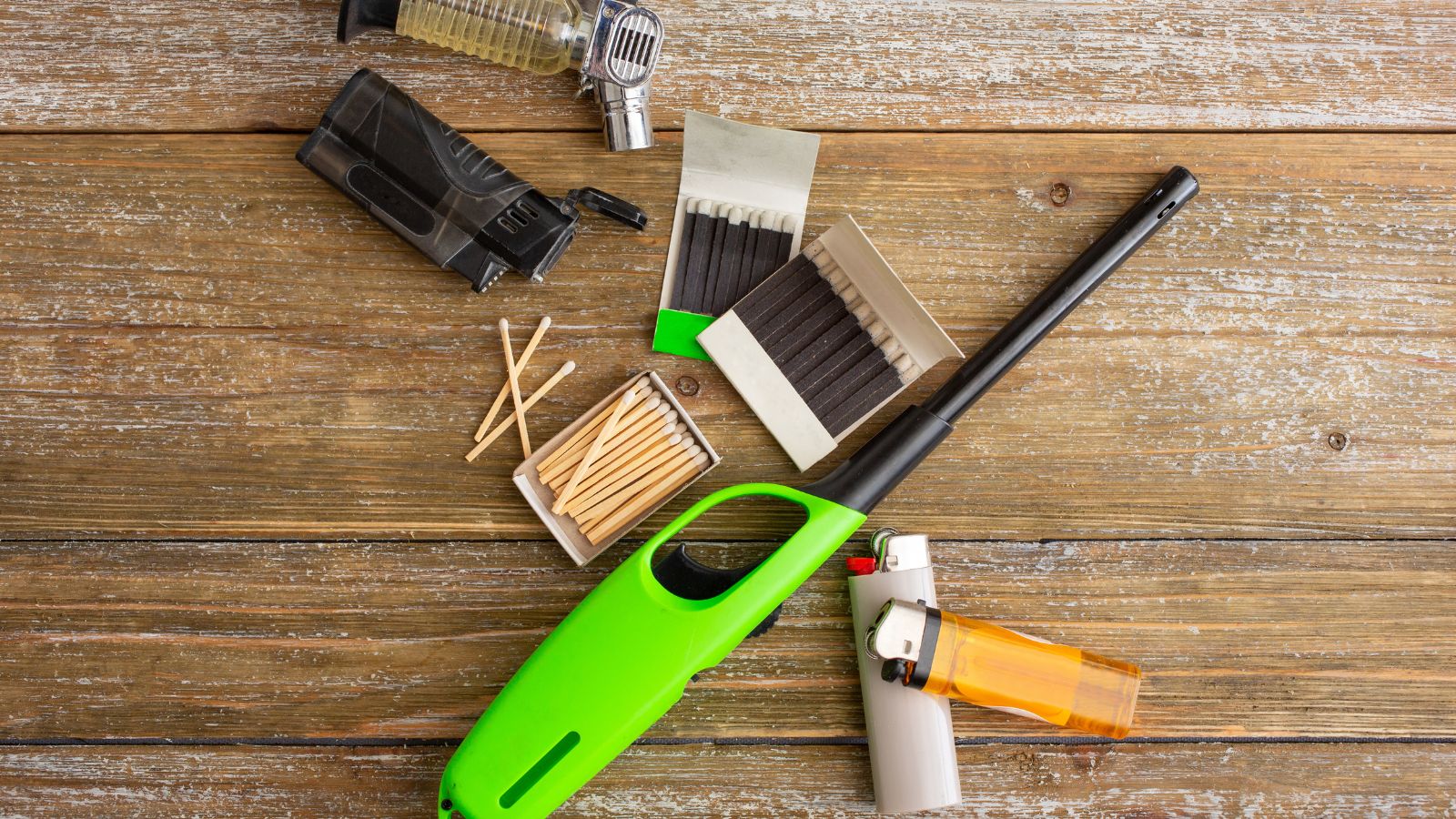
Matches or lighters are essential for starting fires or lighting candles. Keep them in a waterproof container to make sure they remain functional, and carry as many spare matches and backup lighters as you can. Having a reliable way to create fire can be crucial for warmth, cooking, and light during difficult times.
Environmental Sanitation Supplies
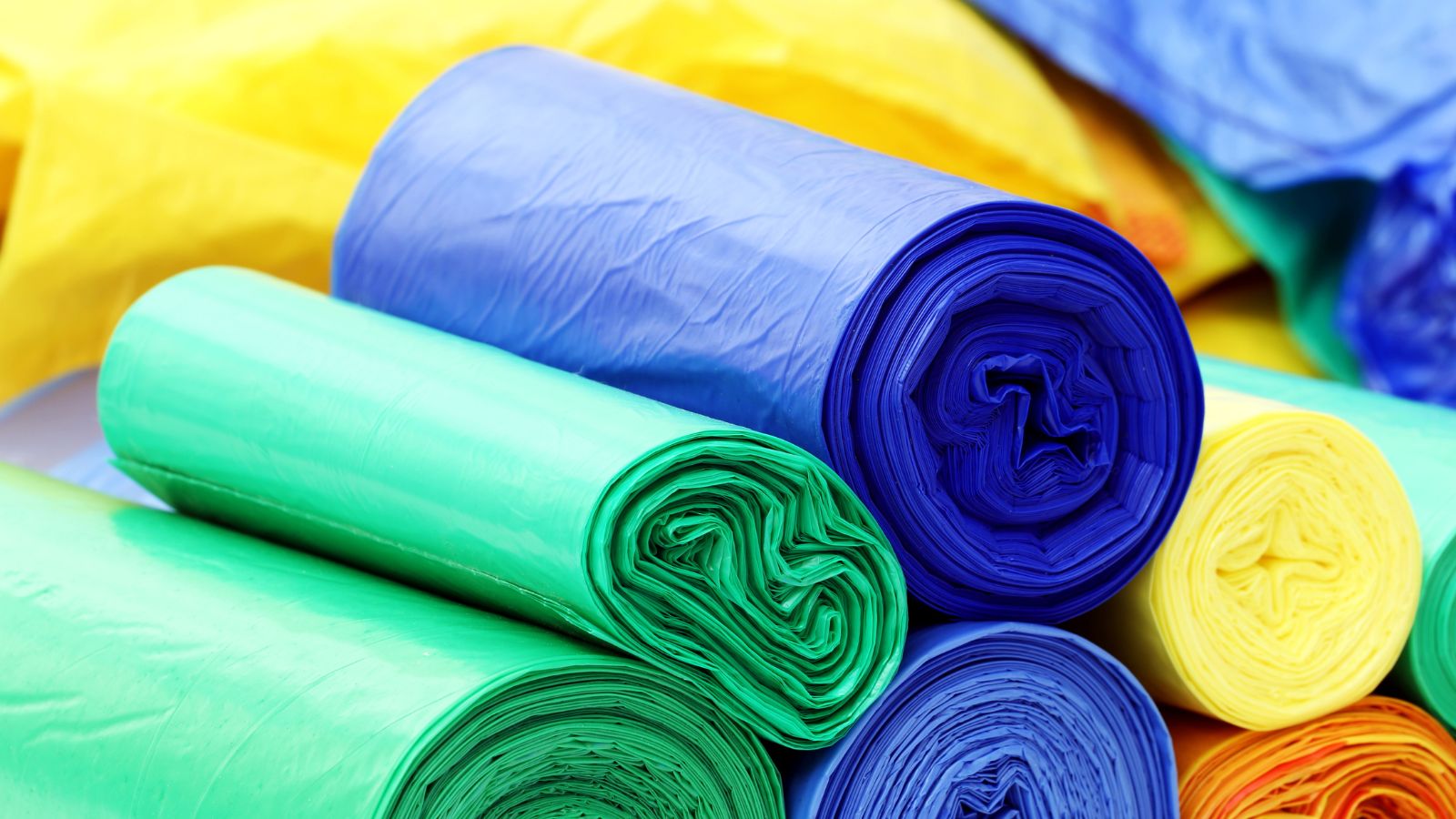
Sanitation supplies, such as garbage bags, moist towelettes, and disinfectant, help maintain cleanliness. Proper sanitation prevents the breakout and spread of illnesses when regular waste disposal might be disrupted. Hand sanitizers and disposable gloves are also items to have for extra safety and hygiene.
Extra Clothing

Even clothes are important during emergencies, as they allow you to stay dry and maintain proper hygiene during emergencies. Pack items like socks, underwear, and weather-appropriate garments in your emergency kit, and don’t forget to include an extra pair of shoes and a hat, too.
Prescription Medications
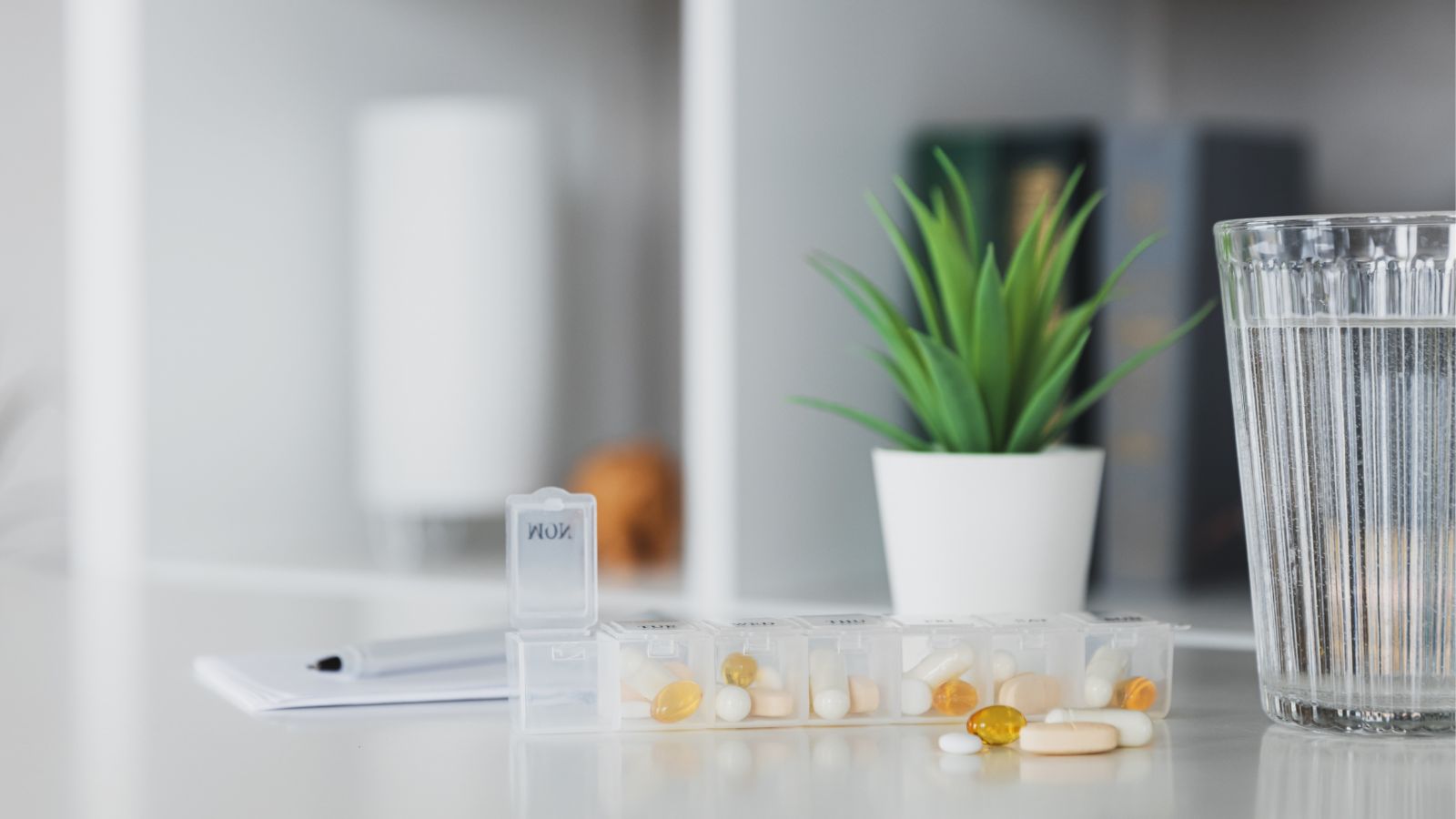
Lastly, you also want to have extra packs of medication prescribed by your doctor in your emergency kits. Ensure you have at least a week’s worth (or even more) of any necessary medications, keep these in their original containers, and include a list of all dosages, along with your doctor’s contact information.
Up Next: 20 Personal Things You Should Never Share With Others

Building meaningful connections with others requires a certain level of transparency and trust, but that doesn’t mean you have to tell your friends and family members everything! Some aspects of our lives are too personal, incriminating, or risky to share. This article explores 20 aspects of your personal life that you should always keep confidential.
20 Personal Things You Should Never Share With Others
18 Things Everyone Forgets to Include in Their Will—But Shouldn’t
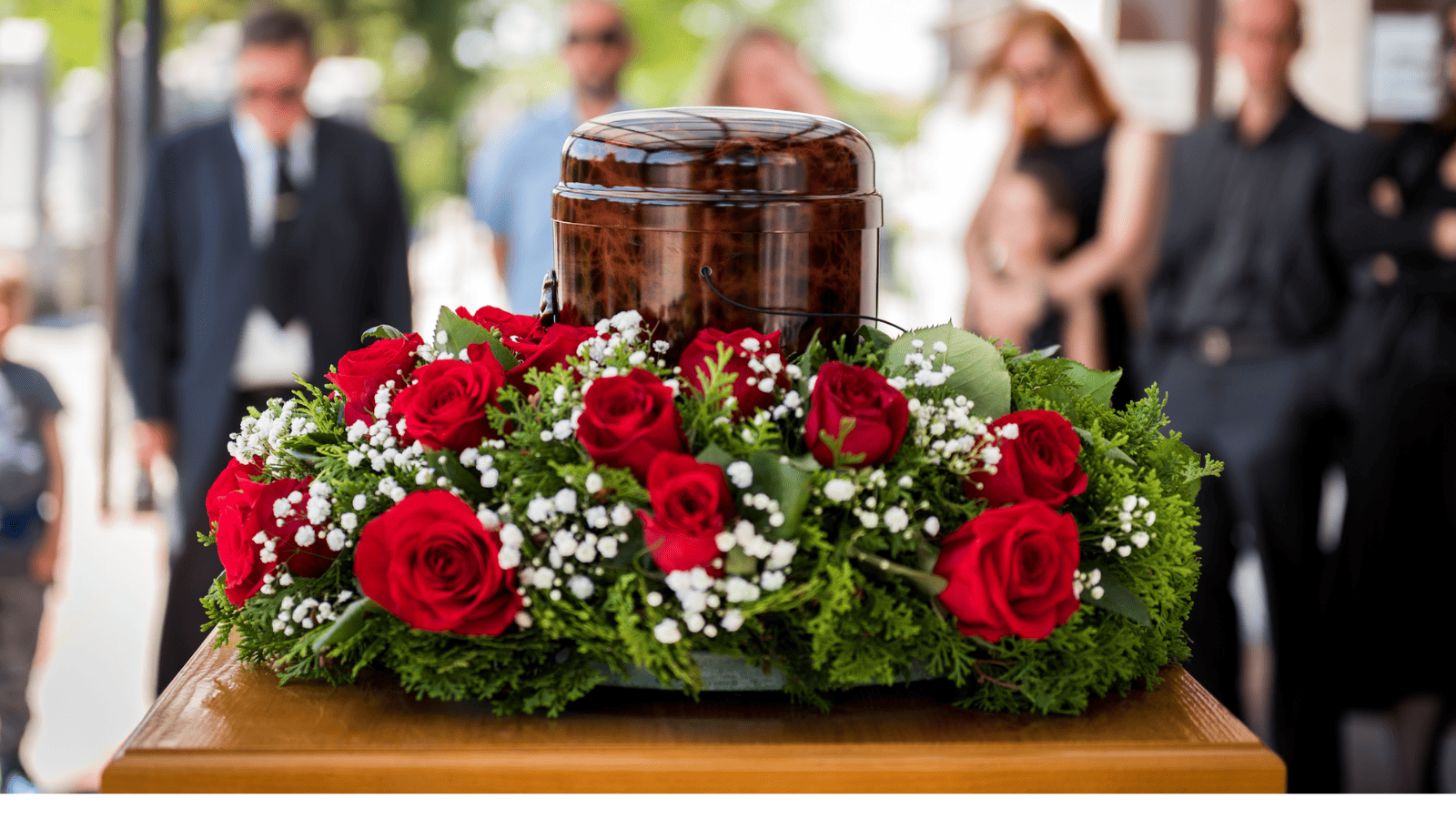
Wills and estate plans are essential ways to ensure what will happen to your belongings and property when you die or are incapacitated. However, people often forget to include important information in their wills before it’s too late, complicating matters for their descendants. Here are the 18 common things people forget to include in their will.
18 Things Everyone Forgets to Include in Their Will—But Shouldn’t
18 Items at Walmart that Aren’t Worth Your Hard-Earned Money

For many of us, Walmart is the go-to superstore. Whether we need groceries, clothing, or technology, Walmart is a one-stop shop for everything you would need. However, there are some Walmart products you should avoid at all costs, such as the following 18 examples.
18 ITEMS AT WALMART THAT AREN’T WORTH YOUR HARD-EARNED MONEY
